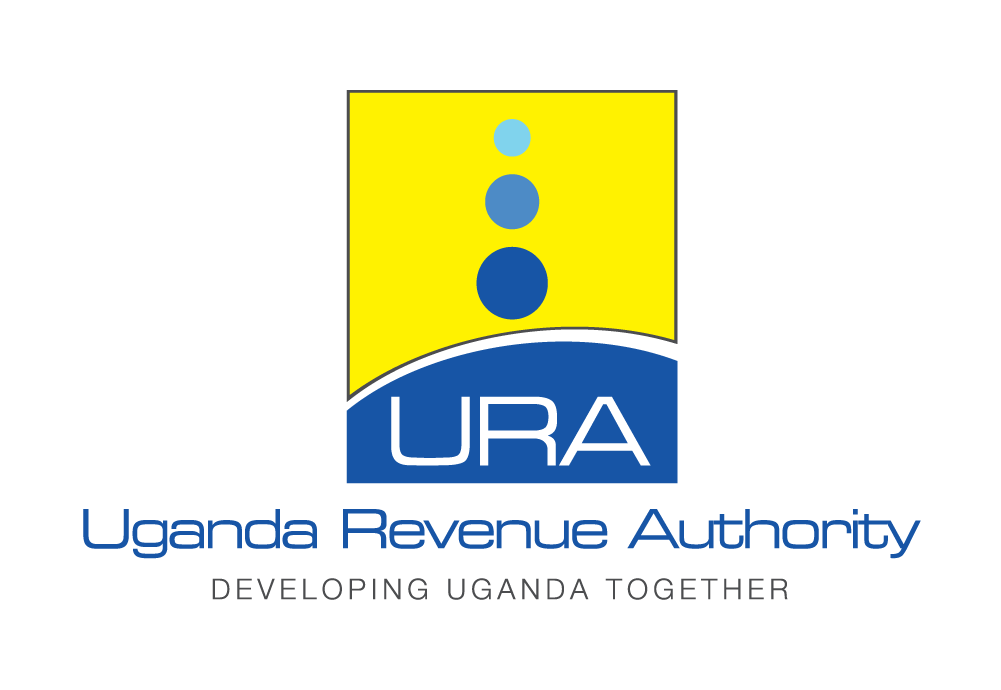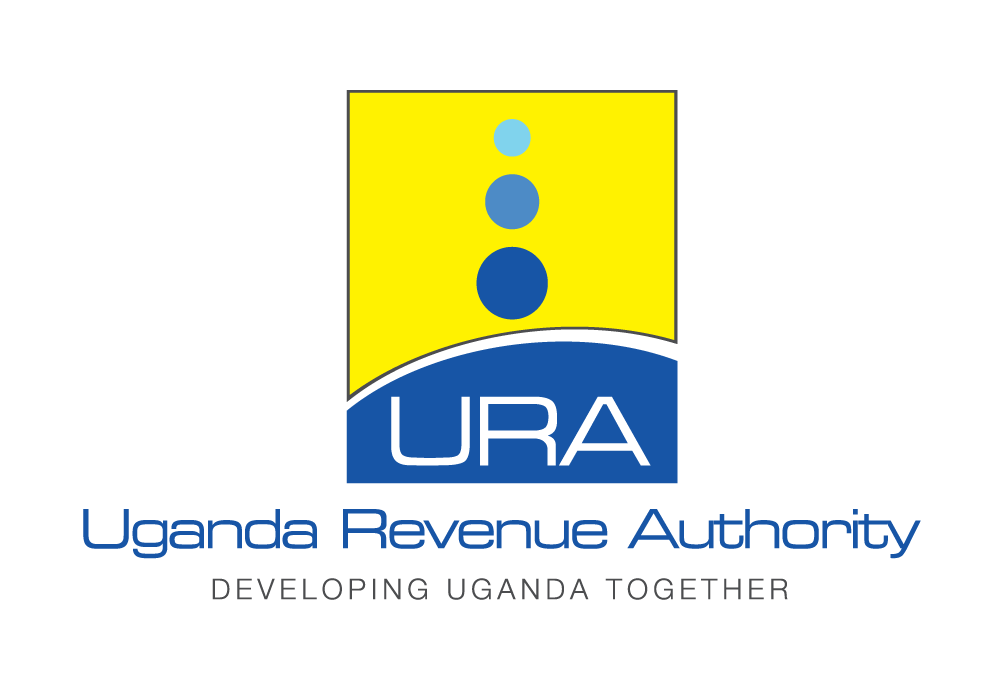- Home
- Crop Farming
Crop Farming
Crop farming is the production of crops that can include cultivation of plants for human food, animal food stuffs, and other commercial uses.
In crop farming, cash crops are grown generally for export e.g. coffee, cotton, tobacco etc. Food crops are also grown for subsistence and commercial purposes.
Yes, you are eligible to pay taxes.
In Uganda, there are individuals and companies that have invested in growing of crops majorly for commercial purposes. Therefore, being income earners, they must pay their fair share of tax.
- In case you need to register a name for your crop farming business, you can visit Uganda Registration Services Bureau (URSB).
- You will be issued with a Certificate of incorporation if you register a company or a certificate of registration if you register a business name.
- Players in the sector that plan to open physical offices, should secure a trading license from KCCA / Municipal council
- Uganda Revenue Authority for taxes
Please note:
Upon registration, the farmer is required to comply with the requirements of the Ministry of Agriculture, animal industry and fisheries.
For individual
- National ID
- Certificate of registration
For non-individual
- Company Form 20
- Certificate of incorporation
Click here for more details on registration
- You’re required to visit the URA portal on ura.go.ug
- Click here to register as an individual
- Click here to register as a non-individual
Click here for your rights and obligations as a taxpayer
Any person dealing in a crop farming business is required to register for income tax (Acquisition of a TIN).
Income tax applies generally to all types of persons who derive income, whether an individual, non-individual or partnership.
Click here to apply for a TIN
These returns are filed like any other Income tax returns
Click here for information on return filing
After filing a return, you’re required to pay the resultant tax using any of the available payment platforms e.g. banks, mobile money, EFT, RTGS, VISA, Mastercard, USSD code (*285#) etc.
Please note: the due date for payment of tax is the same as that of return filing.
Corporation tax
It’s a tax imposed on non-individual players in the sector at a standard rate of 30%.
Income tax
This is a tax imposed on individuals in the sector using the individual rates applicable.
Click here for more information on income tax rates.
Pay As You Earn (PAYE)
This tax will apply to a sector player who has employees (administrative or causal laborers) that earn an aggregate in excess of 235,000 per month. This form of tax is withheld every month.
Please note
WHT and VAT will only be applicable to a sector player who decides to process agricultural products and food stuffs (Value Addition) with the exception of wheat grains.
Withholding tax (WHT) is income tax that is withheld at source by one person (withholding agent) upon making payment to another person (payee). If crop farmer supplies goods above 1 million, the person to whom those goods are supplied charges withholding tax at a rate of 6%. The farmer receives a Tax Credit Certificate that helps in offsetting tax liability in the final income tax return.
Value Added Tax (VAT) is a consumption tax charged at a rate of 18% on all supplies made by taxable persons. The threshold for VAT registration is an annual turnover of over 150 million, or 37.5 million in the first 3 consecutive months.
Under agriculture; unprocessed products are not charged VAT, meaning farmers dealing in unprocessed products are not supposed to charge Value Added Tax (VAT) on sales.
Click here to file your returns.
After filing a return, you’re required to pay the resultant tax using any of the available payment platforms e.g. banks, mobile money, EFT, RTGS, VISA, Mastercard, USSD code (*285#) etc.
Please note: the due date for payment of tax is the same as that of return filing.
|
Description |
Tax incentive |
|
Hoes A hoe is a long- handled gardening tool with a thin metal blade, used mainly for weeding and breaking up soil. |
· VAT Exempted when imported by dealers under the VAT Act. · Exempted from all taxes when imported by persons engaged in agriculture under the 5th Schedule of the East African Community Customs Management |
|
Ploughs, Harrows, seeders, planters and transplants, manure spreaders and fertilizer distributors |
· VAT Exempted when imported by dealers under the VAT Act. · Exempted from all taxes when imported by persons engaged in agriculture under the 5th Schedule of the East African Community Customs Management Act, 2004. |
|
Fertilizers A fertilizer is any material of natural or synthetic origin (other than liming materials) that is applied to soils or to plant tissues (usually leaves) to supply one or more plant nutrients essential to the growth of plants |
· Exempted from all taxes under the 5th Schedule of the East African Community Customs Management Act, 2004 upon approval by the Ministry of Agriculture, Animal Industry and Fisheries. |
|
Agricultural Tractors |
· VAT Exempted when imported by dealers under the VAT Act. Exempted from all taxes when imported by persons engaged in agriculture under the 5th Schedule of the East African Community Customs Management Act, 2004. |
|
Seeds for sowing, spores and cut plants
A seed is an embryonic plant enclosed in a protective outer covering. |
· Exempted from all taxes under fifth schedule of the East African Community Customs Management Act, 2004 upon approval by Ministry of Agriculture Animal Industry and Fisheries. |
For more information, please visit the nearest URA office for assistance or call the toll-free line 0800117000/0800217000 or WhatsApp: 077214000



